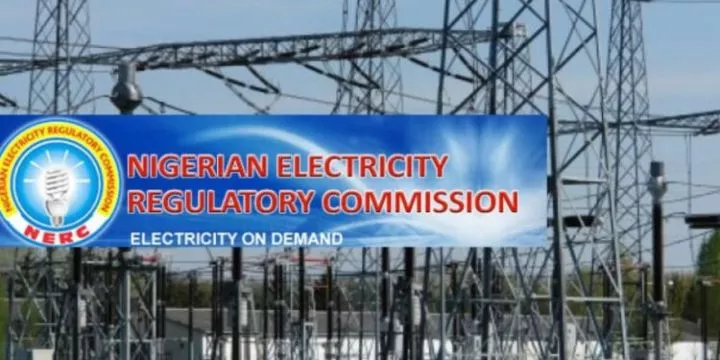
The Nigerian Electricity Regulatory Commission's (NERC) recent directive for Distribution Companies (DisCos) to transition away from the single-buyer model contract with energy generation companies (GenCos) has sparked significant controversies in the power sector.
This shift has raised questions about the contract breach and the potential disruptions it may cause within the sector, with implications that could ultimately affect end-user customers.
The order which was introduced in July by the regulatory body is part of the unbundling of the electricity value chain, the Nigeria Electricity Supply Industry, also known as NESI.
Under the new directive, DisCos are now required to establish direct contracts with power Generation Companies GenCos, bypassing the government-owned Nigerian Bulk Electricity Trading Company (NBET).
Although this initiative appears to be a straightforward solution to streamline contract agreements within the power value chain, officials from the DisCos who spoke to Nairametrics believe the issue is far more complex.
Contract Obligations with the FG to be taken up by DisCos
With the elimination of the Nigerian Bulk Electricity Trading (NBET), the Distribution Companies (DisCos) are now expected to take on the responsibility of fulfilling certain contracts originally initiated by the federal government with generating companies.
A source who spoke to Nairametrics revealed that the DisCos will now bear the burden of certain contracts that gas companies had entered into with the federal government. These contracts must be fulfilled by the DisCos, even if there are other available options, the source said.
The source said, for instance, the federal government's obligatory contract with the Azura power plant will have to be continued by DisCos, which is relatively more expensive than other gas and hydro companies.
"Azura has a more specific guarantee with the federal government. With its 437 MW capacity, DisCos will have to fulfil the contract with the company, even before turning to other alternatives," the source told Nairametrics.
Minimum Power Outage Requirements
In the new bilateral power arrangement, Discos will also prioritize purchasing power from GenCos based on a structured approach that begins with their minimum power uptake requirements.
For instance, power generated by hydroelectric plants, which typically offer the most cost-effective electricity, will be the first choice for DisCos.
However, to prevent any single DisCo from monopolizing this affordable resource, each Disco will only be permitted to purchase a proportionate share of the hydroelectric power, corresponding to their grid allocation.
"For example, if a DisCo is responsible for 10% of the total power consumption from the grid, it will only be allowed to purchase 10% of the available hydroelectric capacity, which stands at around 1,500MW," a top official from a DisCO informed Nairametrics.
This rigid structure might distort the market by limiting Discos' ability to negotiate better deals or pursue more competitive power sources.
This could reduce operational flexibility and create financial risks for Gencos that are less utilized, such as those with higher costs.
"If you pay close attention to what the federal government, that is, NERC is saying, you'd realize that they're saying they don't want to pay for any form of electricity subsidy anymore with this new arrangement," an official from Ikeja Electricity, speaking on condition of anonymity, told Nairametrics.
Infrastructural Challenges
In addition, the new arrangement could also result in infrastructure challenges, as the existing transmission and distribution systems may struggle to handle the varying power sources efficiently, leading to inefficiencies or power losses.
"This is the most important one if you ask me," said a source.
"The issue isn't just about power generation, but whether the grid has the capacity to handle an increased power output. Without significant investment in expanding substations nationwide, the entire system risks collapsing if the Distribution Companies (DisCos) receive more power than the grid can support," the source said.
Phasing Out of Electricity Subsidy
The gradual elimination of NBET, a government-owned trading company, means the DisCos move to a "take-or-pay" contract, directly dealing with the gas companies.
By "take-or-pay" contract, NERC means the payment for gas will now be cost-reflective with little or no government assistance in balancing the receipt of either party.
"This is why it is a bilateral agreement. It's between the two parties only.
"It is near matured because the market is still being supported by FG subsidy and other PSRP funding support which the market will be waned off from time to time," Babajide Akintoye, an official in Eko DisCo told Nairametrics.
For Akintoye, such a free-market, cost-reflective contract would mean the federal government doesn't have to step in to cover the loss of DisCos, which currently struggles with operational losses as well as inadequate revenues.
"Ordinarily, this arrangement wouldn't have been a concern for the Discos in view of the subsidy portion of Disco revenues that the FG intends to provide to partially support monthly invoices issued to Discos from GENCOS with activated PPAs.
"But with the government finding ways to reduce its current electricity subsidies, this new agreement means whether DisCos current escrowed revenues will be sufficient to pay the invoices issued under proposed bilateral arrangements," he added.
Electricity Subsidy no Longer Sustainable
Indeed, the government still has a huge influence in the power sector paying a huge bailout of subsidy to DisCos to help cover operational loss and poor billing of customers.
According to recent data from the new tariff plan for the eleven DisCos across the country, the federal government is projected to provide N1.7 trillion in electricity subsidies to the DisCos in 2024.
However, the Minister of Power, Adebayo Adelabu, has consistently stressed that this level of government subsidy is unsustainable.
He has advocated for the sector to transition from a subsidy-driven model to a more cost-reflective approach.
"What most people fail to realize is that while DisCos are responsible for the collection of electricity tariff, a huge bulk of it still goes to the GenCos and TCN. Only about 20% of all tariff collected is given to DisCos to run its operations.
"Another misconception is that we set tariffs, which we don't. People easily blame us for an increase in their tariff because we're the ones they see. But it's the federal government that sets the tariff," a top official in Abuja DisCo said.
"With this new order, DisCos will have to depend on its own meagre revenue and loans from banks to fund its own contract with the gas companies," Olumide Jerome, another official from Abuja DisCo said.
More Customers to pay more for Electricity
The federal government has already excluded about 15% of electricity end-user customers from any form of subsidy.
These end-users, dubbed Band A customers, now pay a cost-reflective tariff on their electricity, paying N206.80/kWh from the N66/kWh, a more than 250% increase in tariff.
According to NERC, the federal government would have budgeted about N3.2 trillion to subsidise electricity in 2024 without a tariff hike.
But this is not the end of the increase in tariffs for customers. The goal is to extend the tariff to more and more customers who the federal government believes need to pay their fair share of electricity usage.
"I think both NERC and federal government are putting the cart before the horse. You see, most of the people under Band A and even most of the customers do not have a meter.
"How then do the government determine what they consume? They use an estimated billing model which is not always reflective.
"What I think the government should do is to meet the metering gap first then unbundle NBET. You can't ask DisCos to get power from say Zungeru power plant without any assistance from the government and not expect them to increase tariffs or their revenue collections.
"It simply means you want people to pay more. I'm not just talking about Band A customers, but everyone will eventually start paying more if the DisCos have to balance their books," energy expert, Oni said.
Bottom Line
The new bilateral agreement proposed by NERC represents a significant step towards addressing the deep-rooted issues in NESI. By aiming to reduce government fiscal exposure and promote more sustainable financial practices, this agreement seeks to create a more resilient and efficient electricity supply industry in Nigeria.
However, the downside could mean most Nigerians will pay more for their electricity consumption, adding an extra burden on them amid the high cost of living and inflation.
It could also lead to DisCos struggling to meet its contract obligations with the gas companies, greatly affecting the distribution of power across the country.
Energy experts and stakeholders believe that while the bilateral order may be well-meaning and address some issues around the overloaded bureaucracy in the power sector, it doesn't in itself resolve the challenges of affordable power supply nor consider the current DisCos operational losses.

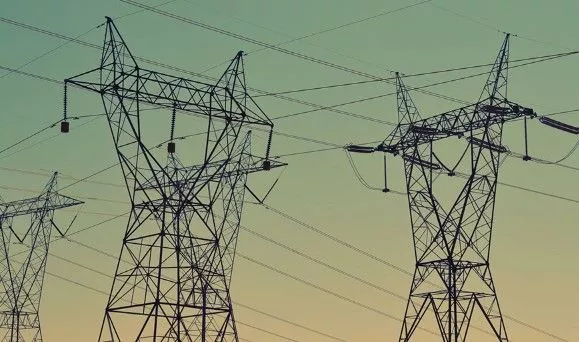
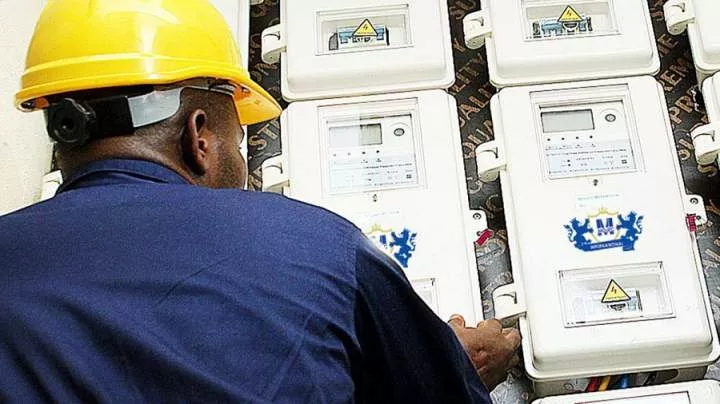
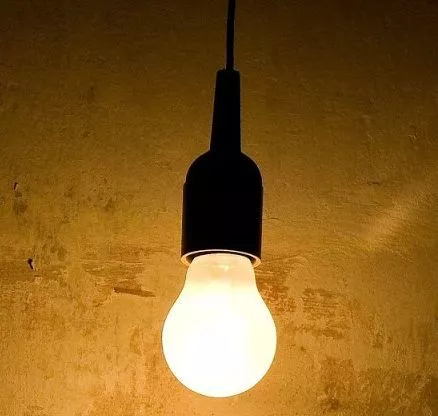
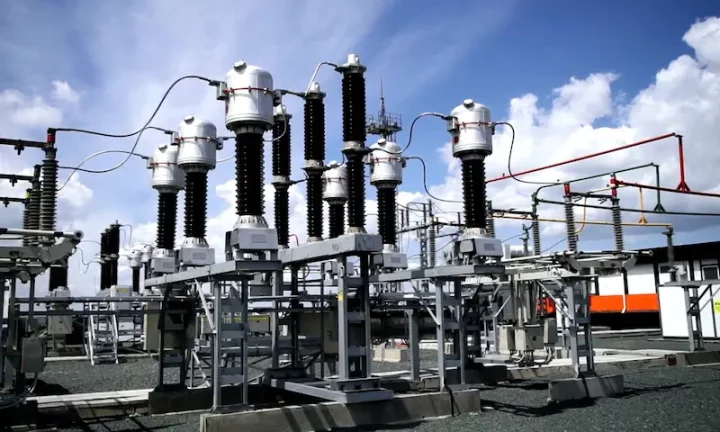
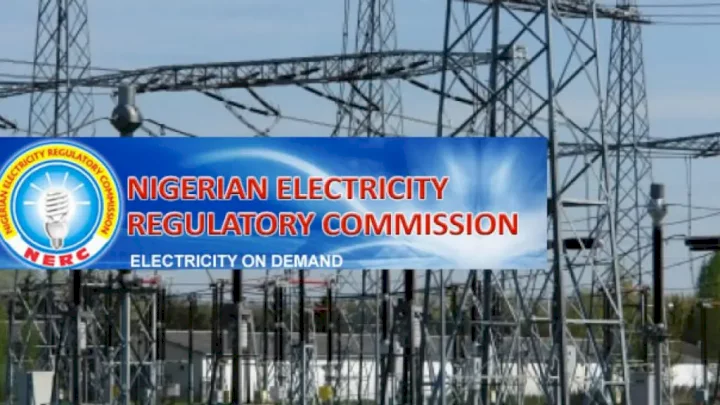
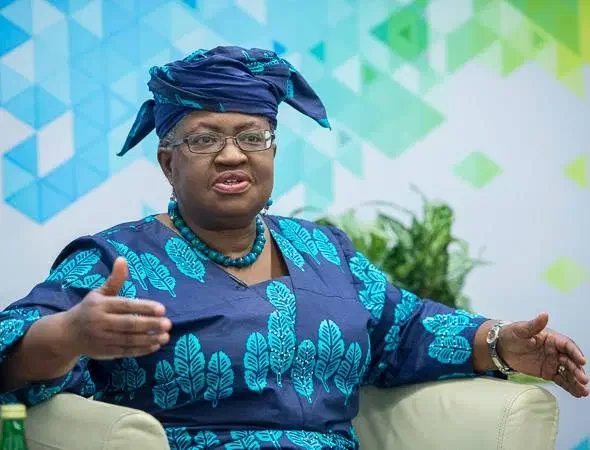
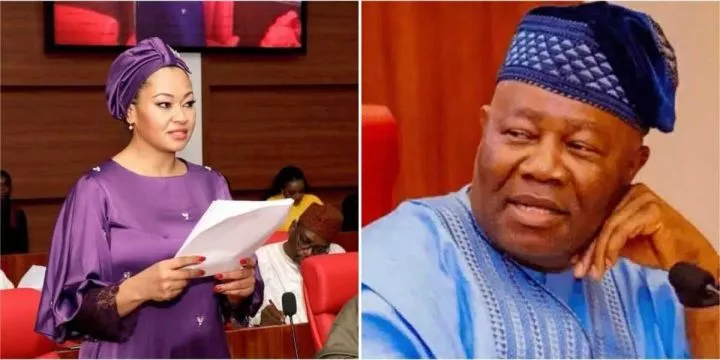
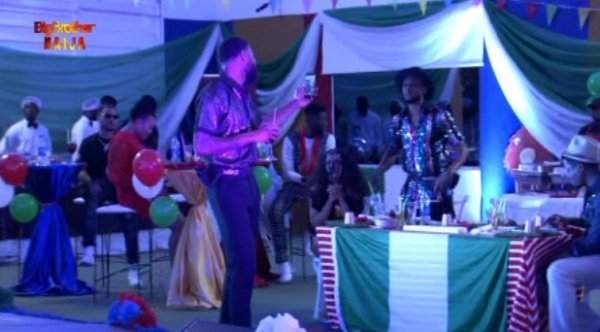
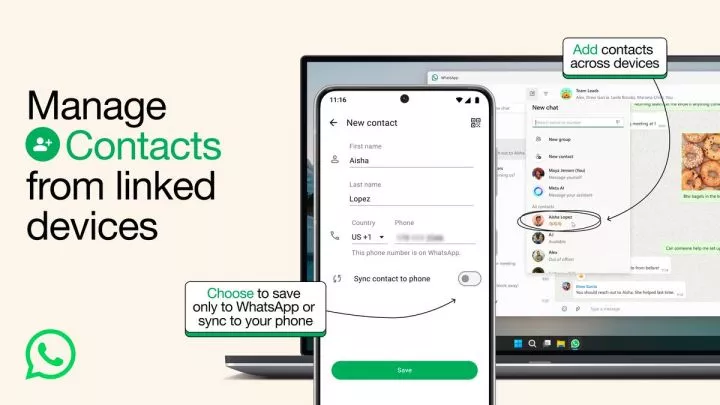

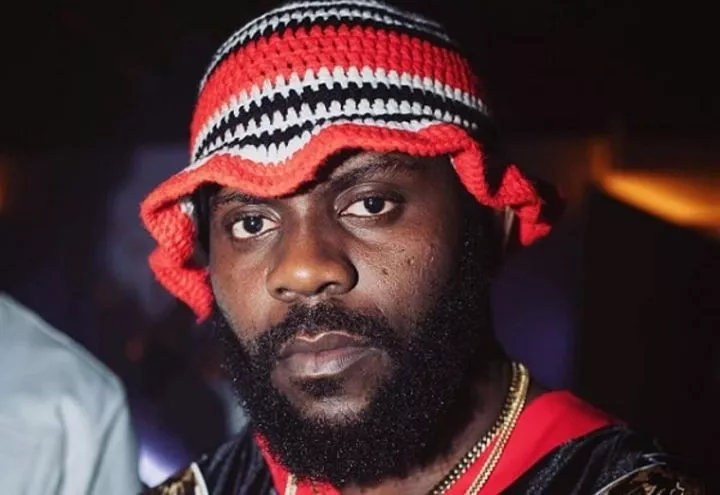
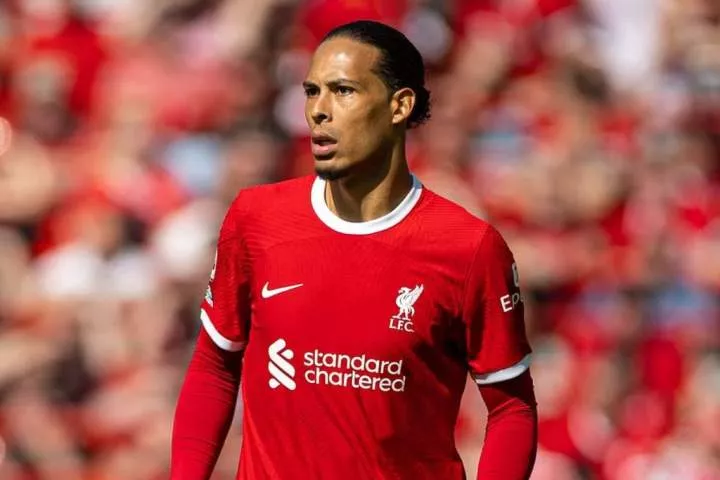



Comments